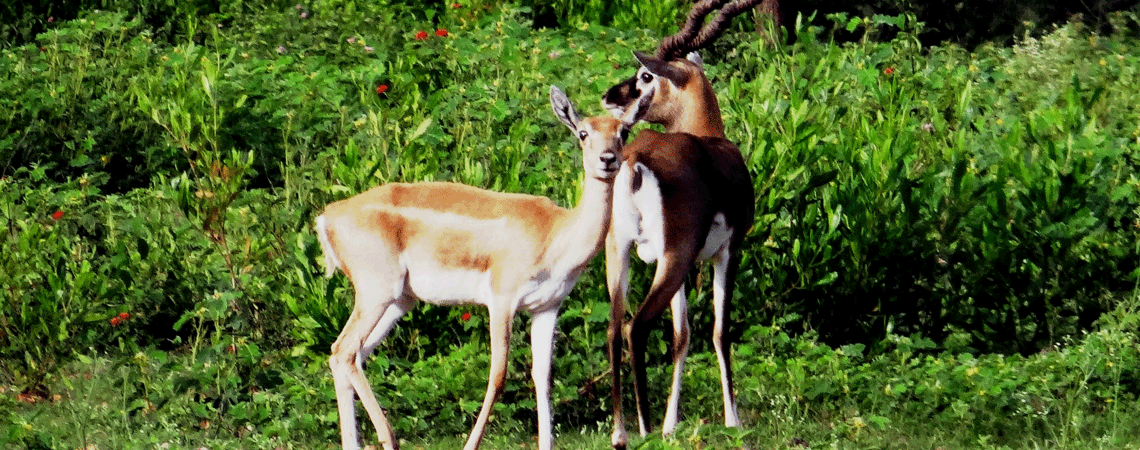
There are 48 Tiger Reserves in India, which are home to almost 70% of tigers in the world. It might not notch up the top spot amidst other popular tiger reserves in India, like Bandhavgarh and Kanha, but the Pench Tiger Reserve holds a unique distinction, as its wildlife and vastness have been immortalized in the pages of the “Jungle Book” written by Rudyard Kipling, the first British Nobel laureate for literature.
Pench Tiger Reserve – The Mowgli Connection
Interestingly, Kipling never really visited the place, but drew inspiration from a fascinating story, told by Sir William Henry Sleeman. The story was based on the life of a little wild boy, who was raised by the wolves and roamed in the jungles of the Pench National Park. Kipling also conjured up his stories by taking the notes from the writings of various other British travellers, who frequented central India during those years. Kipling has beautifully described the denizens of the Seoni Hills and adventures of Mowgli the wolf child. The legendary wildlife characters of the “Jungle Book” can be spotted around the Seoni Hills, which have become a part of the local folklores. BBC released the film “Spy in The Jungle” documentary in 2008, which is based on the Pench National Park and narrated by Sir Davis Attenborough.
Landscape & Wildlife of Pench
The Pench Tiger Reserve is spread across the Seoni and Chindwara districts of Madhya Pradesh and Nagpur district of Maharashtra. The notified area of the entire Pench National Park is 1179 sq. Km. It has been deemed under the government backed ‘Project Tiger’, which is why it is called a Tiger Reserve. It has been named after the Pench River, which intersects the area and forms a labyrinthine of rivulets, water holes and streams. Undulating terrain and thick vegetation encompass the entire region, with the Seoni Hills climbing up to a greater height, which offers a picturesque view of the entire valley. Home to a substantial tiger population, Pench is thickly populated by bamboo and mango trees, which provide shelter to other wild animals including wolves, foxes, bears, Indian deer and macaques among others.
Best Time to visit Pench
The Park stays open from 16th October to 31st June. But, the best time to visit is from October to February, the blossom season, when the temperature gradually dips down to four degrees Celsius.
Where to stay in Pench
There are four Taj Wilderness Lodges in the vicinity, which offer the most exclusive accommodation in the area. Their restaurants serve traditional Indian cuisine.




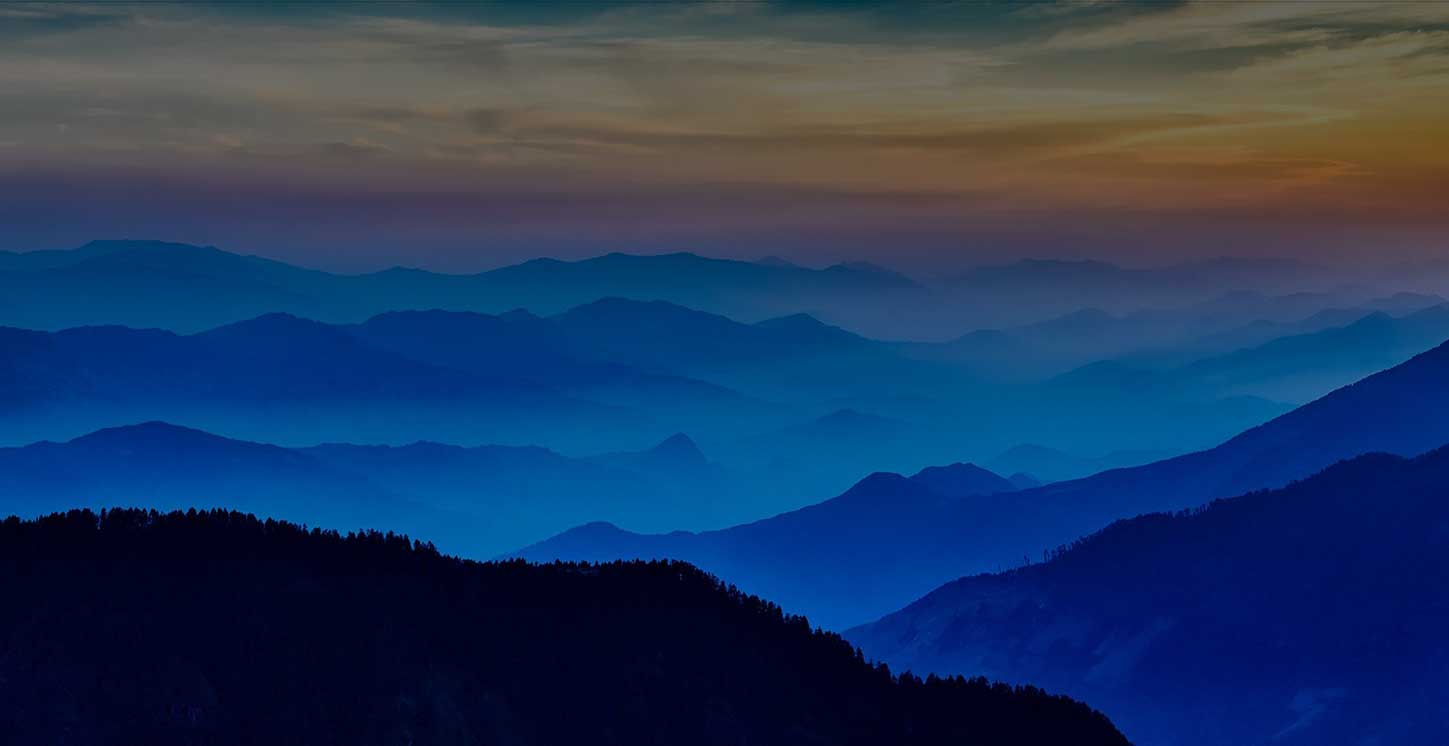
 +1-(765)-586-1210
+1-(765)-586-1210 +44-2030-2689-44
+44-2030-2689-44 +91 124 4361906
+91 124 4361906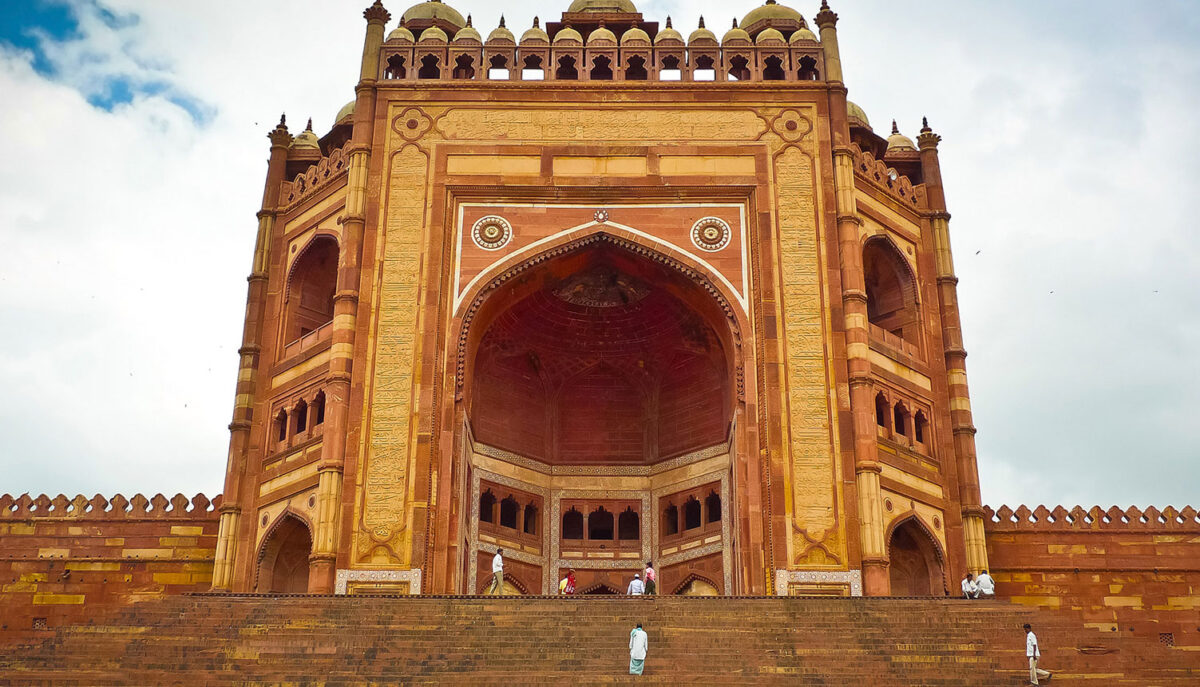
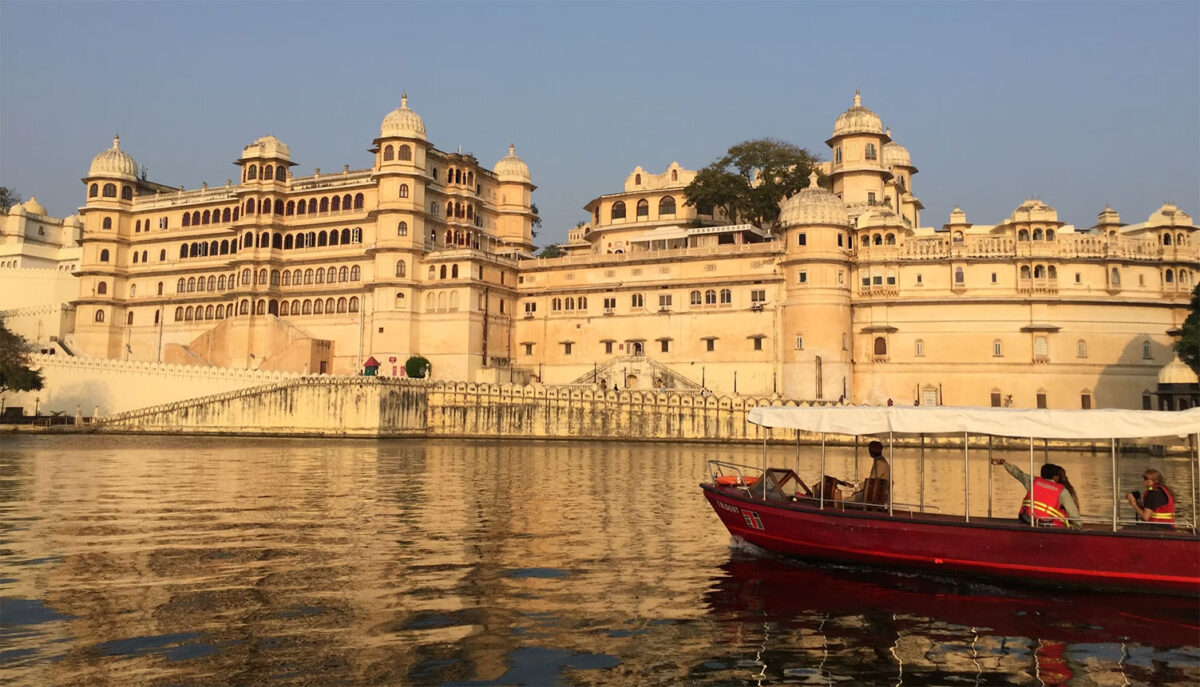

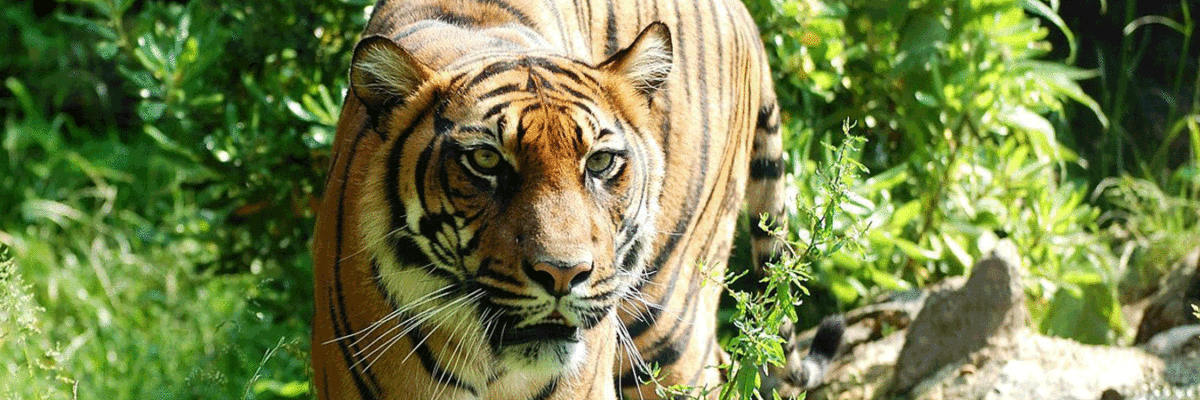


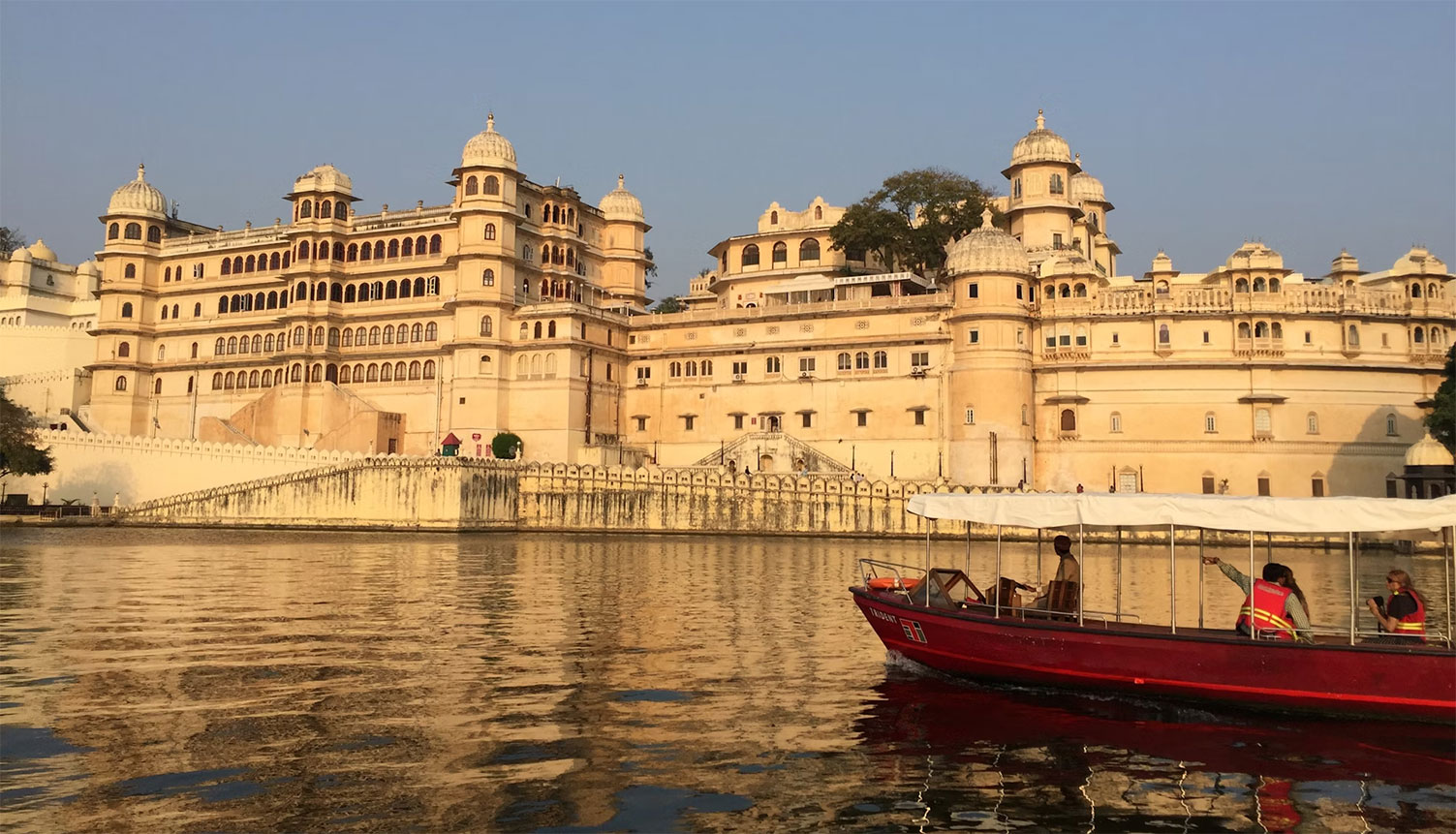
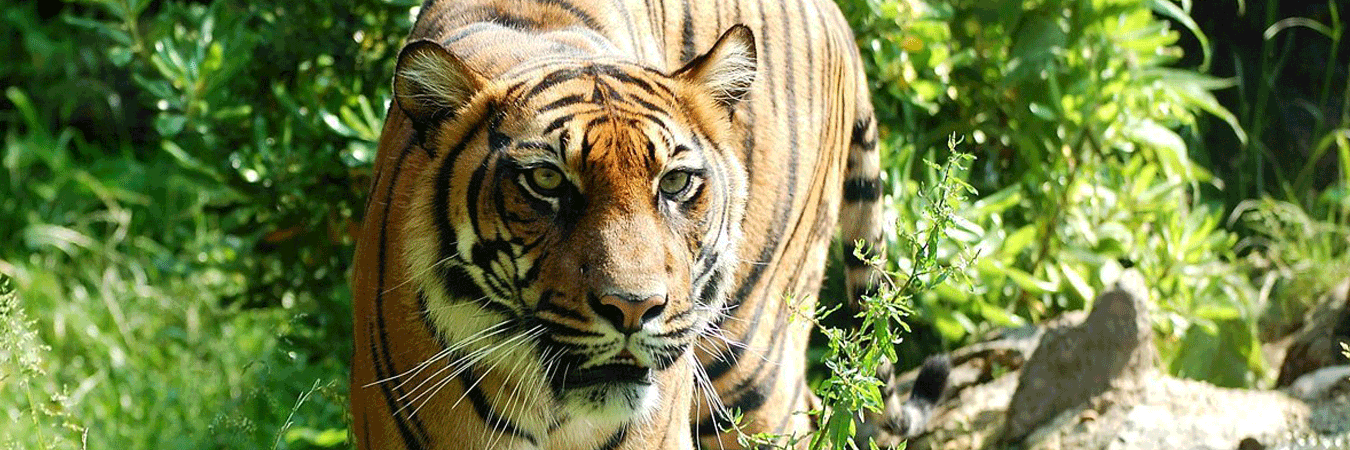
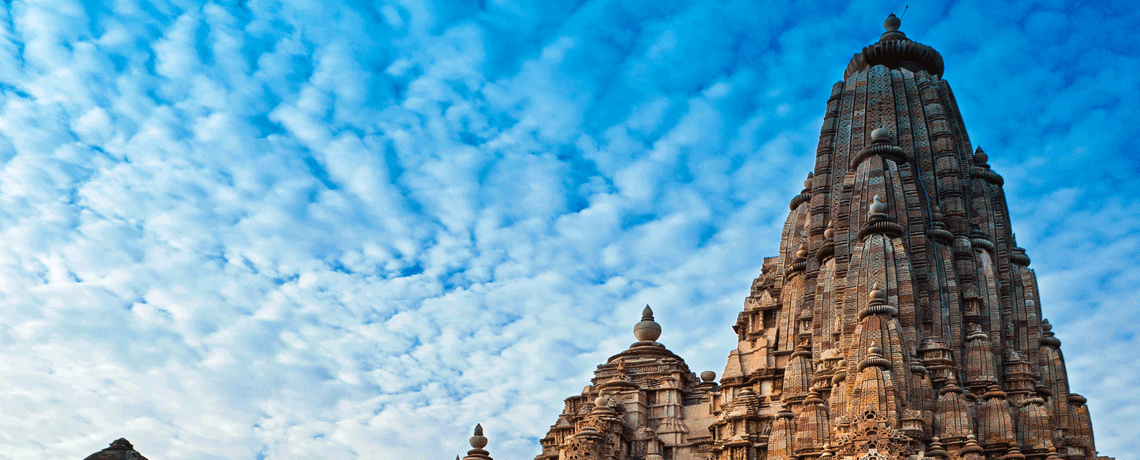
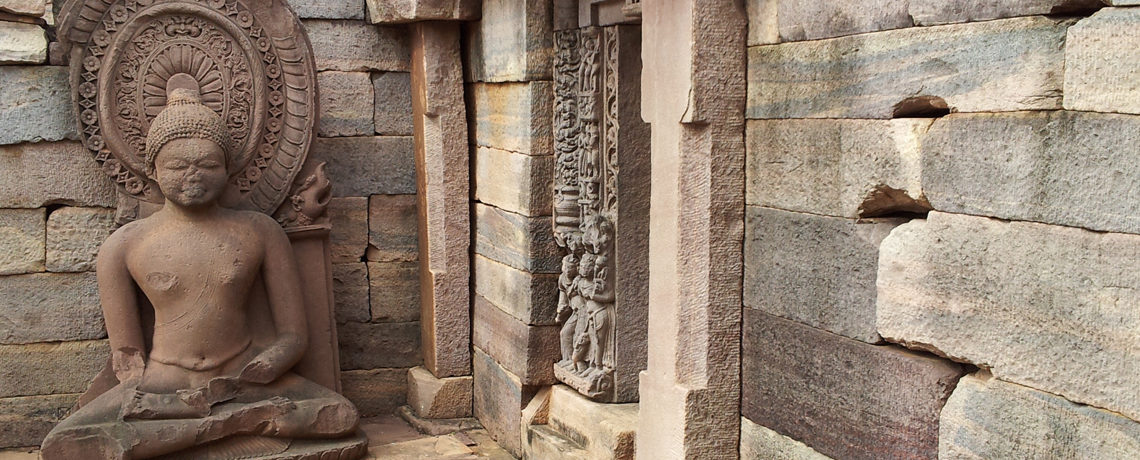


 +1-(765)-586-1210
+1-(765)-586-1210 +44-2030-2689-44
+44-2030-2689-44